Mistress M's Creative Exile
A story about a time I experienced a period of creative solitude
Mistress M’s Creative Exile
Author’s note
Dear creative dreamers,
I have here for you a long-ish story about a time I experienced a period of creative solitude.
If now’s not the time for you to sink into a personal essay that’s a bit longer-form, give this one a pass for now. ♥️
This piece also explores the theme of what “luxury” means and feels like when one finds oneself firmly outside of the small circle of those who, in our world of capitalist excess, are deemed “worthy” and “allowed” to access feelings, experiences, and objects of luxury. As a pleasure activist, this is a theme very close to my heart, and it’s very complex, tangled, and tender for me. But I am craving more personal vulnerability in my writing this season, so here I am, showing up. :)
Thank you, readers, for your support–it means so much.
Love,
M
It’s not easy to navigate, or even to access, periods of true solitude.
I know many people, for example, who have never once in their lives lived alone, and who never plan to. We don’t live in a world that makes it easy to cultivate space on your own, in a whole host of ways and for a whole host of reasons.
I think there’s a magic to time alone, extended time alone (what does “extended” mean? I wager this is different for everyone, exactly how much time in days, hours, minutes it takes for a person to access the magic of time alone, mixing our society’s “clock time” with immeasurable, mystic time)–realizations and insights and breakthroughs and modes of being that unfold for you when you have time alone.
Taking time alone also often looks like, in our world of so many obligations and responsibilities, taking time out of our normal routines, even taking our physical selves out of our usual environments and “getting away.” This could mean going on a retreat or a trip. (These are, of course, modes of “getting away” that are not always possible for all people of all socioeconomic and life states at all times. This adds to the difficulty of accessing real solitude in our world, and creates the saddening notion that only some of us are capable or “deserving” of the cliche and highly popularized version of a creative or self-care or wellness retreat. I’d like to ask what it would look like to reimagine a world in which anyone could be supported in accessing a nourishing creative solitude if they so needed or chose.)
Like most people, I’ve only ever accessed true, extended solitude two times in my life–so far. (I hope to have many, many, many more decades of creative life ahead of me!) They were periods of time away from both most of my usual routines and responsibilities, as well as from my usual geographic and physical living space. They were also both for/motivated by work, by which I mean my “regular day job,” but as an added bonus offered me a gateway into a deeper and more creative solitude. So, like most alone time, my “retreats” from my regular life blended society’s notion of linear time–I was to be in those places for a predetermined amount of time, and had certain obligations to fulfill within that time–with the creative mystic’s stretching, blurring, and re-dreaming of time.
***
In the year 2017, I lived in Washington DC for a season. I was newly married and at a precarious moment in my professional life. I found myself exiled to Washington by my graduate program in order to completely rewrite my dissertation, the book-length project on ancient and medieval astronomy that would, about a year and a half later, help lead to my successfully completing my PhD. I’m getting into mystical timelines here, though–back in 2017, I didn’t yet know what would be happening for me some 18 months later.
The reasons, by the way, behind why I needed to rewrite my dissertation, which was already well underway at that point, and the bureaucratic red tape of why my grad program (which was at New York University) shoved me off to Washington are long, convoluted, and probably really uninteresting at this point, 7 years later. It would likely take me quite some time to even work out the narrative of events if someone were to ask. But I can tell you that they were utterly devastating at the time. I felt crushed, and cast off by the mentors who I believed were there to help and support me, and heartbroken, and like there was no way to see my path forward after nearly a decade of post-secondary intellectual work. (After the required 14 years of state-mandated school, I then voluntarily spent 11 more years in school. I still teach at a university… which means I have spent my ENTIRE LIFE from the age of 4 in school. Wild.) But I’ll also tell you, 7 years on, that this experience was the epitome of the question “is this really going to matter in a few years?” And finally: no, the details no longer matter. But the emotions sure do. On the mystic’s timeline, I can re-summon those sensations of devastation, of feeling betrayed, of being lost and abandoned, just as though they were yesterday.
***
I was very extremely broke when I lived in Washington DC. (Many graduate student workers, although they teach classes at their universities and conduct all kinds of important research, live in poverty. So do many of the other kinds of workers who uphold the university system here in the US, with all the talk you hear about skyrocketing tuitions and the student loan debt problem that is one of our country’s biggest and most controversial issues. As I often tell people, all that money ain’t going to those of us actually doing the work of teaching students!) I lived in a tiny basement studio apartment that didn’t even have a stove, just an ineffective hot plate. It was down a steep hill from a massive grocery store, across the street from a gas station where folks congregated at all hours. One early morning I emerged from the entrance to my basement unit to find pools of blood splattered on the dirt outside my door. The area was cordoned off by yellow police tape. A cop told me there’d been a stabbing right in that spot the night before; they’d already caught the guy. He let me go. I was shaken–perhaps more, thinking back on it, by my interaction with the cop than by the sight of the blood, which looked surreal and inhuman, black like ink. Like many black people in the US, I’ve learned to avoid the cops as much as possible, to engage with them only when strictly necessary.
***
I was not on a “wellness retreat” while in Washington; I was on my university’s dime and their timeline, I was working. I put myself on a strict regimen of writing 4 pages of my dissertation per day. If you’ve ever done something every single day without a break for an extended period of time, then you know this is hard. If you’ve ever had to do work in a self-motivated fashion, with no boss breathing down your neck to ensure you’ve actually done the work by the end of the day, then you know this is hard. If you’ve ever written a dissertation or other academic book, then you know this is hard. If you’ve ever written any kind of book under deadline, then you know this is hard. If you’ve ever had to restart a writing project from scratch because somebody else said so, then you know this is hard. If you’ve ever made yourself write 4 pages a day, of anything, then you know this is hard.
Did I mention that writing 4 pages a day in creative exile is hard?
Well, it is. But I did it. In the end, I left Washington with nearly a full draft of my rewritten dissertation. It was hundreds of pages long.
***
So during the days I had my societally-mandated work to do, and I even had a place to go and other humans I could interact with if I chose, at the university’s satellite building in Washington DC.
But once I finished my torturous daily 4 pages, and during the nights, I found myself on my own, for the very first time in my life.
My apartment had no TV. I knew no one in Washington. I had, as I said, very little money, so aside from small daily outings, I had to occupy and entertain myself on the fringes of capitalism. So what did I do?
Well, mostly, I wrote. I wrote because I am a writer, and writing is what writers do. They do it everywhere, they do it all the time, they do it even when it hasn’t “any purpose” and when it doesn’t make any money. (My creative writing sure didn’t, not back then.) I wrote all day as my “day job,” I wrote observations in my journal at cafes as a treat in the afternoon, I worked on my novels in the evening, I wrote letters of love and comfort to myself at night before I slept. I have been a writer and a storyteller my entire life, from my earliest memories of being aware of myself as a separate “self,” when I was a tiny child. A writer is who I am, writing is what I do.
Back in 2017, I had not yet written any of the books I’ve published now; Flower Garlands, my first published novel, was still a couple years into the future. But some of its characters, the ones my creative circle know and love today, had been born, in an earlier form. Its seeds were being planted there, those nights in my solitary little basement.
***
One of my favorite things to write about in my novels lately is that poor people do have joy, they do have fun. If you’ve never been poor before, this might be a tough one to grasp. But here goes: poverty needn’t be romanticized, but it can be romantic. It’s a full human experience like any other, with a full spectrum of feelings and experiences, not a trope to be reduced, fetishized or essentialized.
So my creative exile in DC was hard, and y’all already know I was living in poverty. But I did take myself on artist’s dates, and I did have fun.
I ran a 5k one Saturday, on the edges of the Potomac River, after which all participants were given free gift cards to local businesses. Because I am a writer, of course I chose the gift card to a used bookstore. I browsed there for hours, lovingly selecting a $5 novel to take home.
I found an aestheticians’ school where massage therapists in training offered massages for deeply discounted prices. My massage therapist was wonderful. She asked me, “What does it feel like to get a massage?”, a question I thought about for months and years to come. (You all know how much I like to write about sensual experiences, about any time that one human touches another sensually, for any reason.)
I went to every single free museum in the District. (This is, by the way, what the locals call DC–the District.) I loved the Van Goghs at the National Gallery of Art. I visited the National Museum of African American History and Culture (two times), which had only been open for one year back then, and which you had to reserve online passes for–at midnight, or they’d sell out. I shuffled in the basement gallery past exhibits about African slaves being taken on slave ships west to the Americas, some deciding to jump overboard rather than face reaching their destination–me and strangers, walking the maze of this gallery of grief, close together, tears streaming down all our faces. I had never, and still haven’t, seen or felt anything like it. I went to the Butterfly Pavilion at the National Museum of Natural History (it’s free on Tuesdays), where, after exiting the butterflies’ habitat, you have to spend a few minutes in a closed-off waiting area, where museum staff make sure you’re not accidentally taking any butterflies out with you, clinging to your bags or clothes. I went to the National Museum of the American Indian. A lot of our geographic place names in the US are derived from indigenous languages, a legacy colonizers tried to snuff out, but which still lives on.
***
I drank a lot of chai lattes. I tried to make homemade tomato sauce in my apartment, but it was hard without a real stove. I made curries and lumpy mashed potatoes, thick with cream, in the microwave. I ate peanut butter and jelly sandwiches during my lunch breaks at the NYU building, or I went out for grilled cheese or vegetable soup or fries and milkshakes. Sometimes I walked the mile to the trendy food hall from my apartment and ate potato dosas and tiny cups of bread pudding. It stayed warm through my whole autumn season there because the capital of our country was built on a swamp (no, literally :). Its weather echoes that swamp that’s underneath its marble monuments and government halls–thick, sticky, and deep.
***
While I was in DC, one day I purchased a designer handbag. It was a collaboration between an artist of color whose work is very important to me and a long-established luxury handbag brand. I had saved up for it for months and months, as soon as the collaboration had been announced, and it felt like a moment of arrival to be able to go to the store and purchase it. Now, a lot’s actually been written about black women and our purchasing of designer handbags, particularly when it is deemed that we “cannot afford” them. This relates to, I think, the general and continued policing of what women, and black women, and poor black women (or those who are perceived as such) are and are not “allowed” to do, are and are not allowed to have, are and are not allowed to enjoy. “Luxury” is reserved for a small and clearly defined class–of which I am not considered a part, believe me.
But I have chosen to live, in ways that are meaningful to me, in luxury and romance.
In this I think I go back to my grandmother, a black plant and church lady (so I didn’t inherit everything from her, okay? :) who lived in rural Georgia, and whose home (built brick by brick by her second husband) was full of clothes and sumptuously restored antique furniture and church hats and leather handbags and fluffy rooms packed full with beautiful things. I like to believe I inherited my love of beautiful objects from her. I mean, other than that, my grandmother and I were almost diametrically different.
***
Once, a friend came to visit while I was in DC; she was there for work.
Lonely as I was there, I felt an inner sense of resistance when she texted me, let me know she was in town, asked if I would like to go out. I hadn’t been “out” with anyone but myself for weeks and weeks. Though there was a sadness in it, that sense of forced and inevitable solitude, I had grown used to being silent with myself amongst crowds out in the world. But something in me also whispered that it was still important to connect, to emote outward, to remember how to be a person in community and a friend. So I said yes.
My friend (who has the same name as me) and I had met that spring at a weekend creativity workshop in New York City. So we took ourselves on an artists’ date. We visited a cathedral sacred to Mother Mary, one of those places midway between tourist attraction and holy. It had vast domes and echoing, red-tinged crypts and a brightly-lit gift shop where you could buy candles and gold jewelry and angel icons. We knelt in a wooden pew and my friend, who is religious, prayed, while I, who am some kind of spiritual atheist, respected her silence. When it got dark we went to eat Greek food in a taverna with a tiny front garden, and we talked about our memories of the times we’d visited Greece (she liked to party in the Greek islands; I’m a historian and archaeologist, though not averse at all to partying :). We walked to a bookstore that, back then, before the pandemic, was open until midnight, and drank tea in their back patio.
My friend admired and asked me about my new handbag. It was still crisp and structured and buttery to the touch, it was so new, black and a burgundy-wine red with gold accents. With a soft, knowing smile she asked me what this handbag meant to me. I thought a while and said something like, “It means I can give beautiful things to myself.”
***
For some reason, the few times when I have been suspended in a period of creative solitude, the phase of the writing process that I find myself working on is editing. I am not sure why. Maybe being outside of my typical “real-life” story–my usual schedule, setting, and conception of time–helps me re-vision the events, plot, pacing, and narrative of my “fictional” stories.
Like I said, publishing my stories was still years into the future back then. What I had then was thousands of pages looking for a home, woven and interwoven characters and timelines and themes. But something was stirring, in the world of the story and in me, its author. What would it look like, I started to wonder, if I were “allowed” to rewrite scenes for clarity, to add in new scenes to bring the story closer to its truth, to un-wind and re-wind narrative themes to create more flow, to re-see my books as something not only for me, to heal myself and process my own emotions and experiences, but as something meant to be shared with a wider world? I’d have to learn to retain that original emotional rawness while also polishing some of the stories’ gems. (“Polishing the gems,” by the way, is the language I often use today when working with writers to “edit” their material. Most writers I’ve worked with are uncomfortable with the word “editing.”)
And like I said, it was a couple of years still before I’d write something that felt ready to be shared with the world, and more years after that before it would be published. But it was in my creative solitude that the first seeds of my books were planted. Sometimes it takes a while in the dark for seeds to germinate. But we are all learning from nature that that is absolutely okay.
***
Have you ever been in a period of creative solitude, whether you sought it intentionally or were compelled to it by external forces? How did you feel there? What did you create? What did you learn?
Have you ever lived alone, whether for a “long” or “short” period of time? How does it feel to live alone? How does it compare to living with others?
If you have never experienced a period of creative solitude, would you like to? What would you give yourself time to work on there? What would you do in and around your periods of creation?
Daydream Play with Mistress M: design your own most dreamy creative retreat. Where do you go? What daily responsibilities (like meals, chores, work, etc.) are taken care of for you while you are away, so that you can focus on your creativity? What “luxuries” would you like to have around you (space in nature, beautiful places to work, connection and community, food provided whenever you want it, yoga or dance classes, creative workshops)? What will you work on during your creative retreat?
Happy explorations, writers + dreamers.
Love always,
Mistress M
***
Van Gogh’s Roses at the National Gallery of Art
Afro pick, National Museum of African American History and Culture. Did you know that the Afro pick dates back to 3500 BCE?!? :D
Where I used to go running, along the Potomac River
Butterfly pavilion, National Museum of Natural History
Guess we did it :)
- -
Hey. I’m Mistress M. I’m a writer, writing guide, teacher, dancer, and creative activist based in Newark, New Jersey.
I am a person whose ancestors were enslaved people who helped build the structures of this country where I live. I stand with the lightworkers + those seeking the liberation of all peoples from oppression. I live + create most humbly on Mohican + Lenape territory, and I lovingly acknowledge the ancestors + elders, past and present, of the land on which we live.
Do YOU know the ancestral elders of the land on which you live? Check out this tool, Native Land, to learn more. Educate thyself. ♥️
My creative works, outlook, and spiritual practice are all delightfully queer. If you, too, support the beautiful rainbow of all human experience, then I’ve got a table here with plenty of open seats, and you can totally sit with me. 🏳️🌈
I am a creative dominatrix who believes that everyone is creative and that everyone can find the creative rhythm that works for them, and that supports them in reaching their creative dreams.
I am the founder and editor-in-chief of Mistress M’s Community Publishing House, a full-service, boutique book incubator where we hold the values that no matter what our hearts desire to create, there is an audience seeking it; that, by putting our work out into the world, our audience will find us; and that there IS space in the marketplace for the offerings of our hearts.
- -
If you wanna support this small black-woman-owned creative business, :D, I have SO many offerings cooking in the chamber.
For all my published works, from my own queer erotic romance novels penned under my author avatar Nikki Ali, to books on writing guidance from your creative domme, to my popular community anthology Heart Art, check out my Amazon author page here.
To join my creative circle, in which I host monthly writing salons where we create together + practice our craft, support me on Patreon.
For quick + dirty writing guides, and oracle card readings from your favorite creative domme, here’s my writing Etsy store, WritingMagicBoutique.
I work with writers 1:1 to create the writing rhythm that works for them, to unearth & polish the gems of their stories, and to help them reach their creative dreams. Interested in 1:1 work? Contact me at mistressmwriter@gmail.com.
For all things Mistress M, follow me on Instagram @mistressmwriter. Be sure to hit up the link in my bio to check out ALL my offerings.🙏🏾




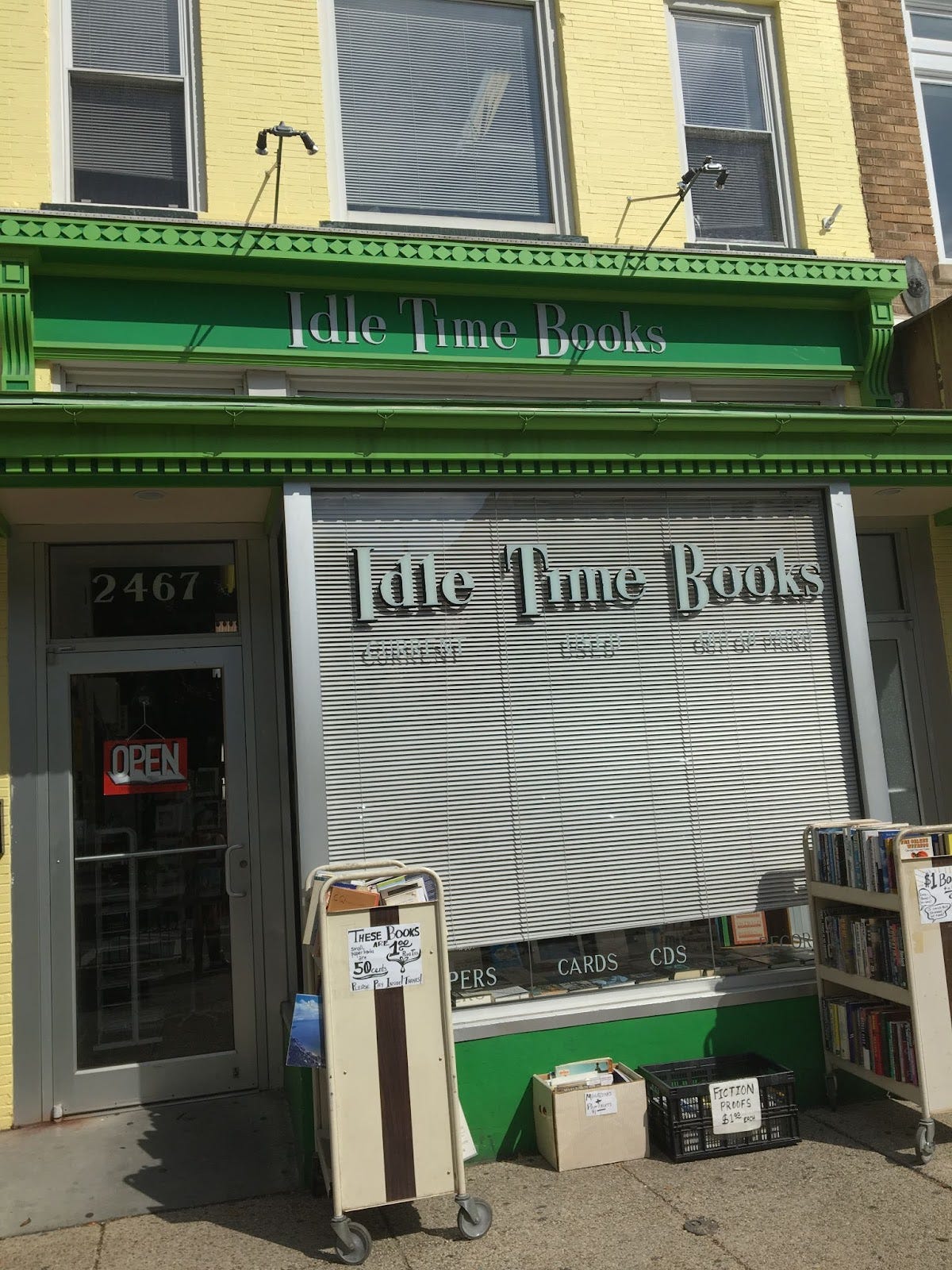
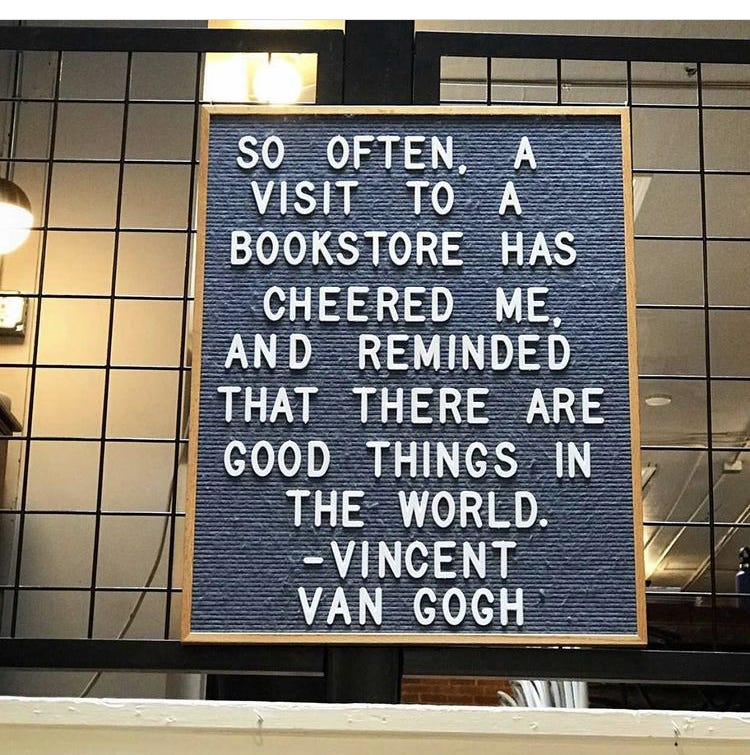
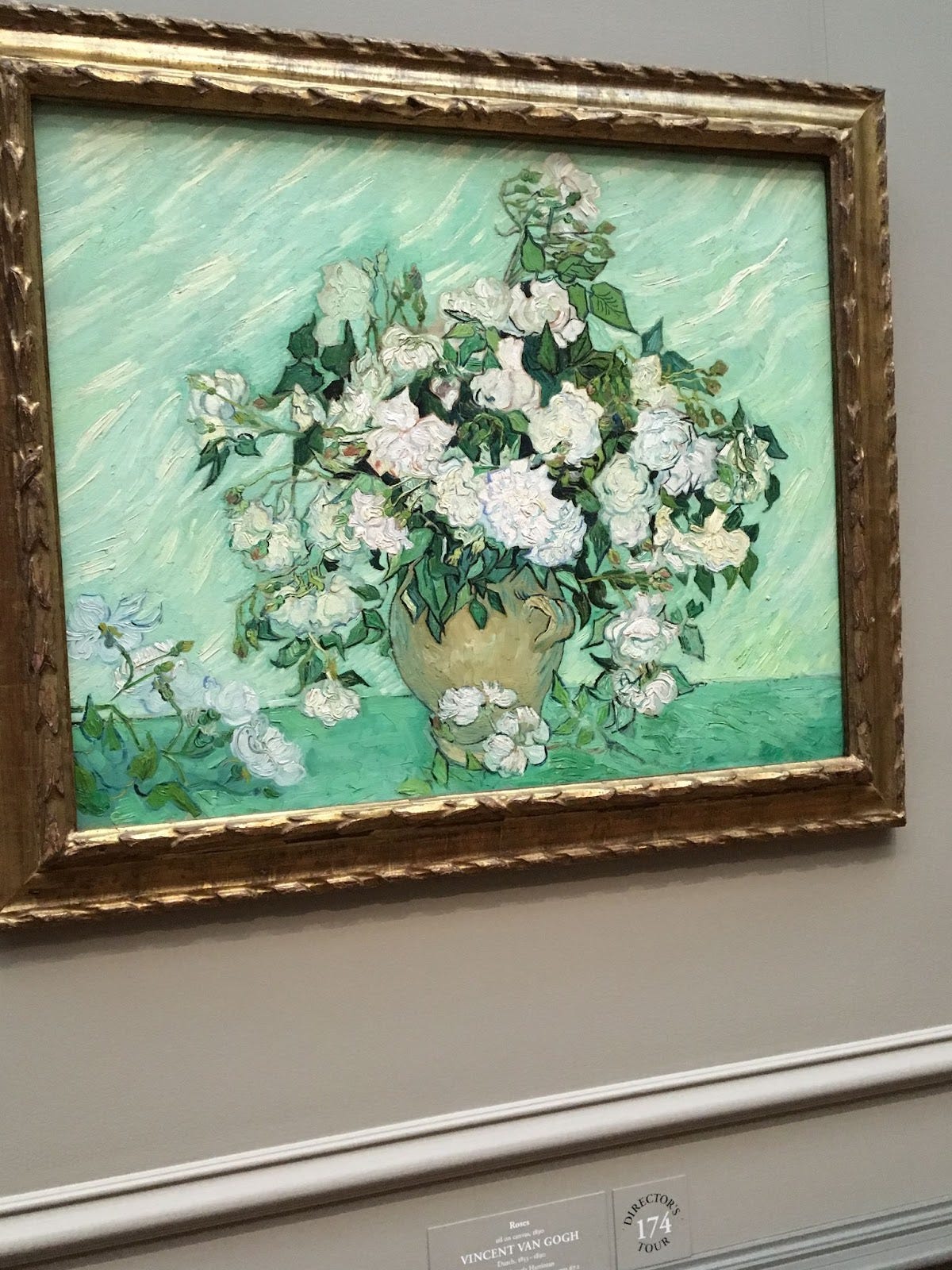
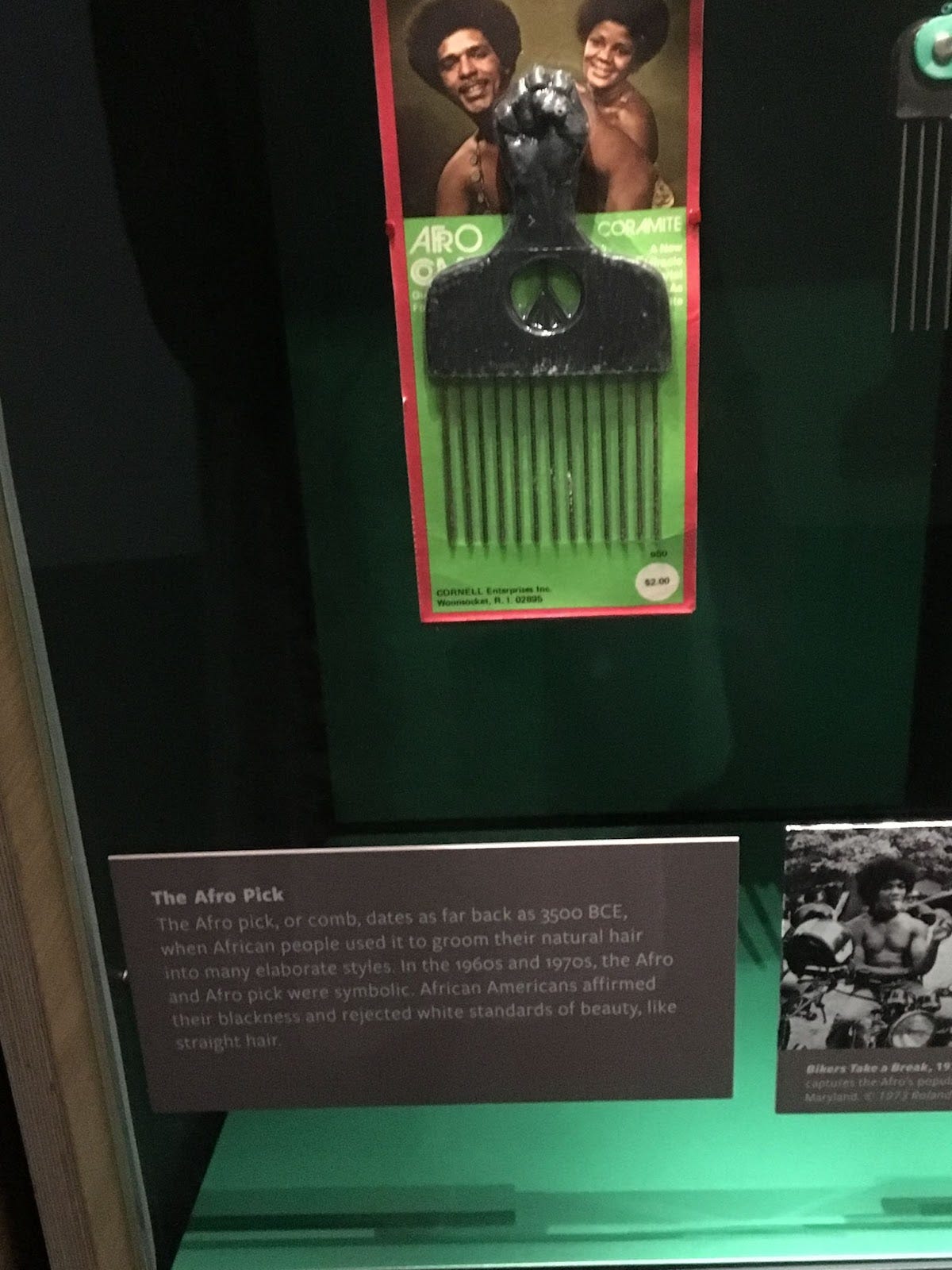
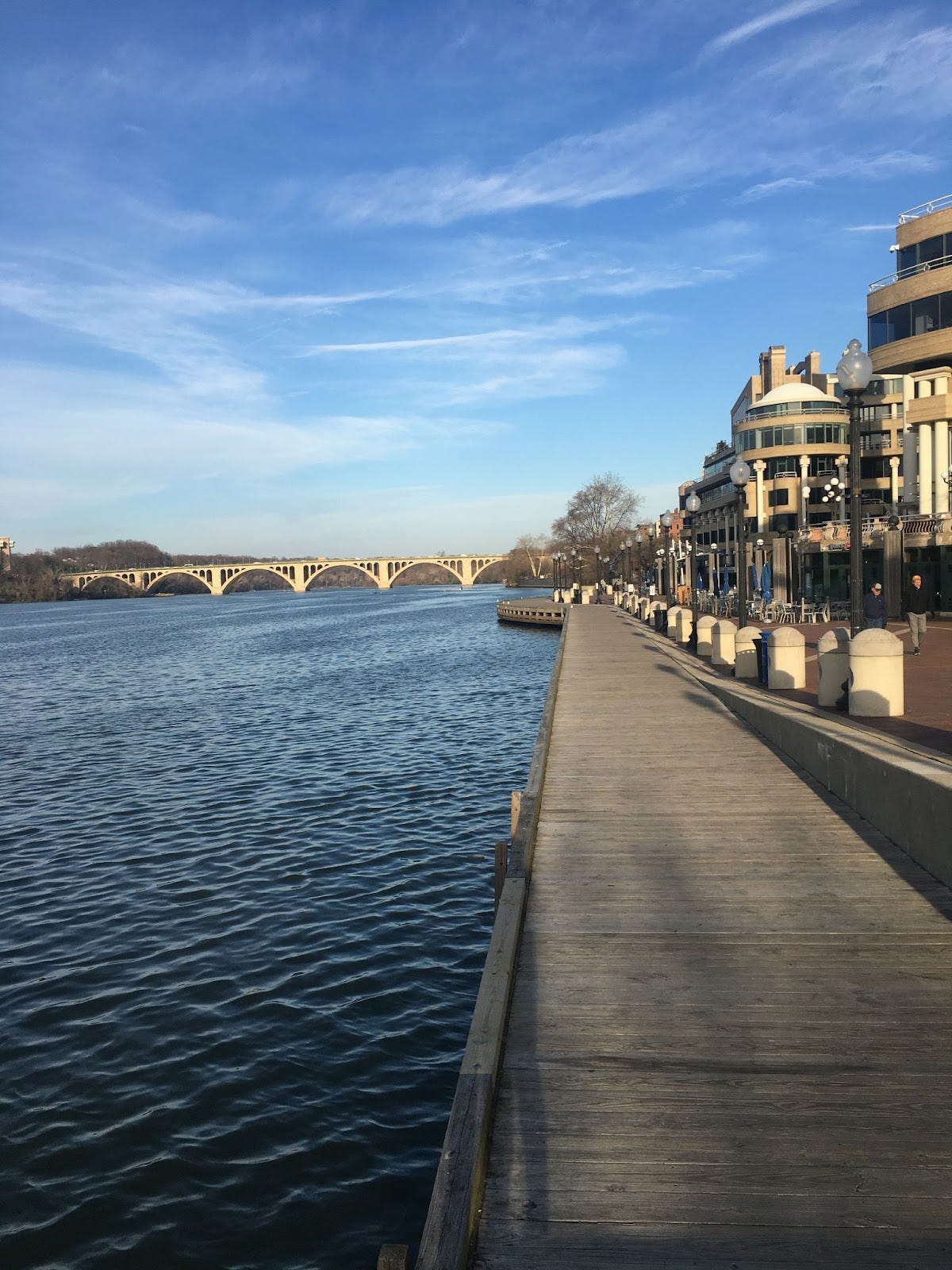
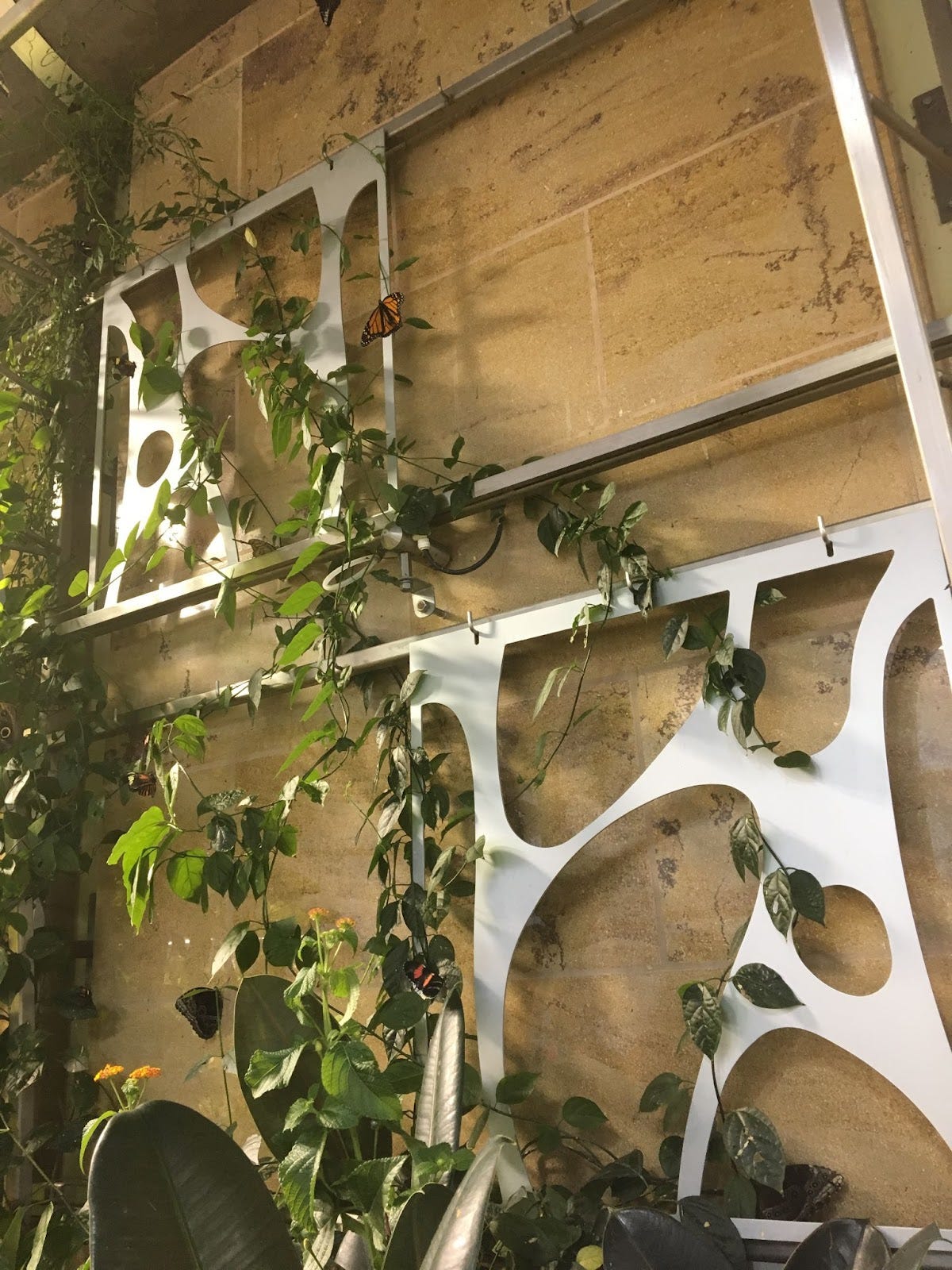
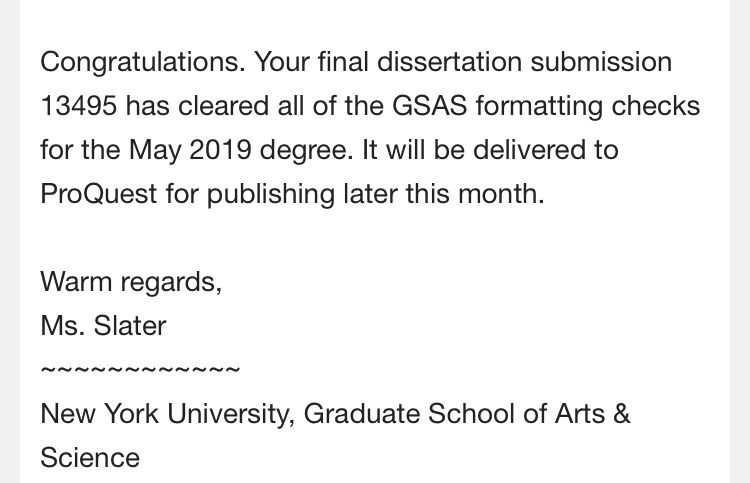
Loved so much in this
"Well, mostly, I wrote. I wrote because I am a writer, and writing is what writers do. They do it everywhere, they do it all the time, they do it even when it hasn’t “any purpose” and when it doesn’t make any money. (My creative writing sure didn’t, not back then.) I wrote all day as my “day job,” I wrote observations in my journal at cafes as a treat in the afternoon, I worked on my novels in the evening, I wrote letters of love and comfort to myself at night before I slept. I have been a writer and a storyteller my entire life, from my earliest memories of being aware of myself as a separate “self,” when I was a tiny child. A writer is who I am, writing is what I do."
and
"I think, the general and continued policing of what women, and black women, and poor black women (or those who are perceived as such) are and are not “allowed” to do, are and are not allowed to have, are and are not allowed to enjoy. “Luxury” is reserved for a small and clearly defined class–of which I am not considered a part, believe me.
But I have chosen to live, in ways that are meaningful to me, in luxury and romance."
Amen to that!